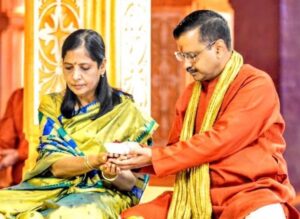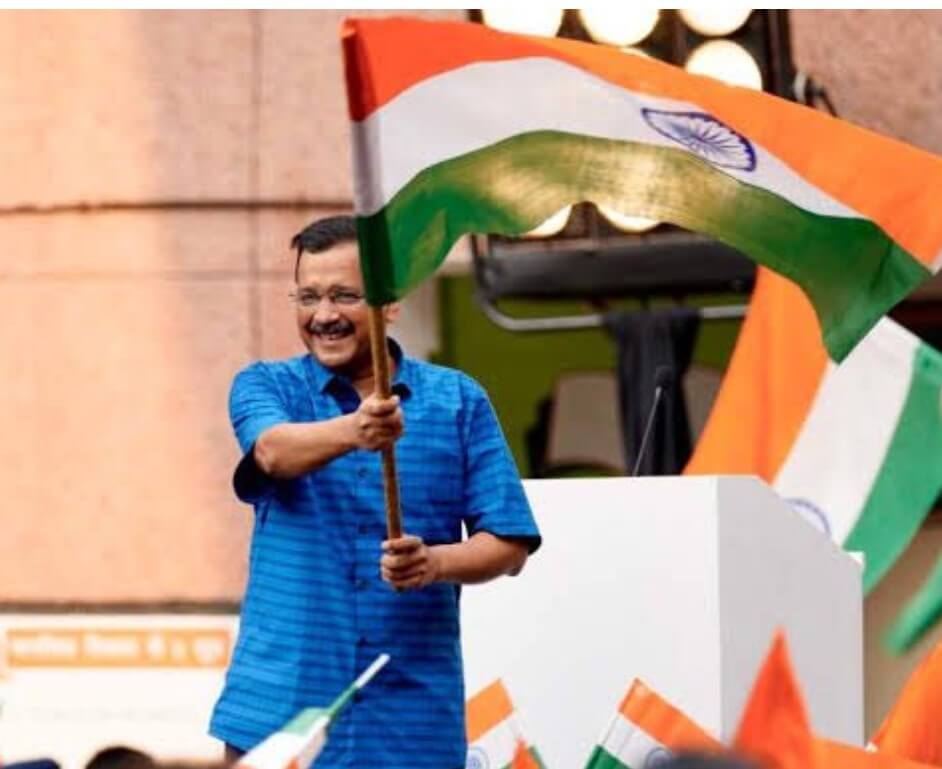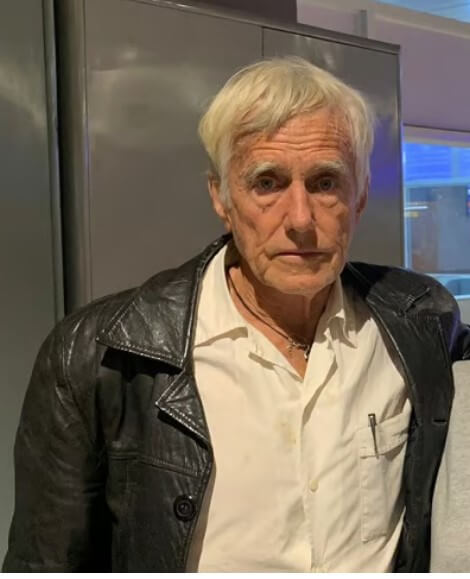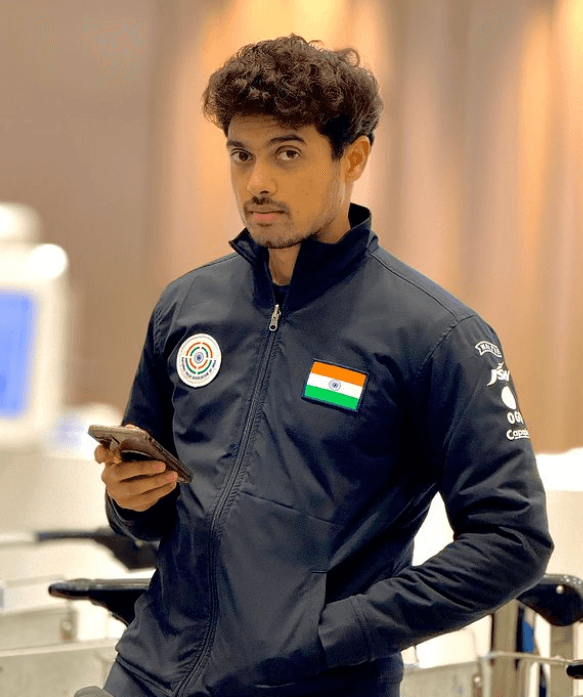Early Life and Education
Arvind Kejriwal (DOB) was born on August 16, 1968, in Siwani, Haryana, India. Growing up in a middle-class family, he was encouraged to value education. He attended the prestigious Indian Institute of Technology (IIT) Kharagpur, where he earned a degree in Mechanical Engineering in 1989. Following his graduation, he worked for the Indian Revenue Service (IRS) after passing the civil services examination in 1995.
Social Activism
Kejriwal’s journey into social activism began in the early 2000s. He was deeply influenced by his experiences in the IRS and became involved in various social issues, particularly corruption and transparency in governance. He co-founded the Parivartan movement, aimed at addressing issues like the Right to Information (RTI) and citizens’ empowerment.
In 2005, he played a crucial role in the RTI movement, advocating for stronger laws to enhance governmental accountability. His activism brought him into contact with notable figures like Anna Hazare, with whom he co-led the India Against Corruption movement in 2011. This movement aimed to combat rampant corruption in Indian politics and demanded the establishment of the Jan Lokpal Bill.
Political Career
In 2012, Kejriwal took the plunge into politics by founding the Aam Aadmi Party (AAP). The party aimed to represent the common people and challenge the entrenched political elite. In the Delhi Legislative Assembly elections of 2013, AAP made a stunning debut, winning 28 out of 70 seats. Kejriwal became the Chief Minister of Delhi but resigned after just 49 days, following a failure to pass the Jan Lokpal Bill.
In the 2015 Delhi elections, AAP won a historic 67 out of 70 seats, marking a significant turnaround for the party. Kejriwal was re-elected as Chief Minister and focused on education, healthcare, and women’s safety, implementing numerous reforms that gained both national and international attention.
Challenges and Controversies
Kejriwal’s tenure has not been without challenges. He faced criticism for his governance style and frequent confrontations with the central government, particularly during Prime Minister Narendra Modi‘s administration. His party has been accused of populism and faced allegations of internal strife and corruption.
Recent Developments
In the 2020 Delhi elections, AAP again secured a decisive victory, winning 62 seats. Kejriwal’s administration continued to prioritize education and health care, even amidst the challenges posed by the COVID-19 pandemic. His governance model has been studied by various stakeholders, both domestically and internationally.
Personal Life
Arvind Kejriwal is married to Sunita Kejriwal, a retired IRS officer, and they have two children. He is known for his humble lifestyle and commitment to public service.

Legacy
Kejriwal remains a polarizing figure in Indian politics, celebrated by supporters for his fight against corruption and efforts to reform governance while criticized by opponents for his confrontational approach. His impact on Delhi’s political landscape is undeniable, as he continues to champion the rights of common citizens through innovative policies and governance models.
In summary, Arvind Kejriwal’s journey from a civil servant to a political leader exemplifies a blend of activism and governance aimed at empowering ordinary citizens, making him a significant figure in contemporary Indian politics.




